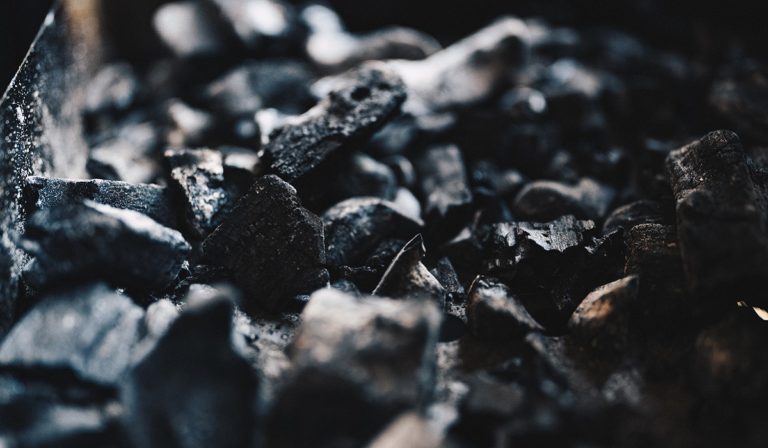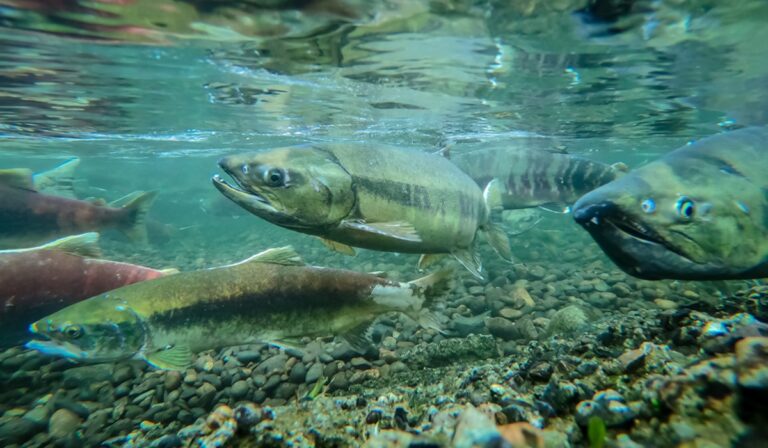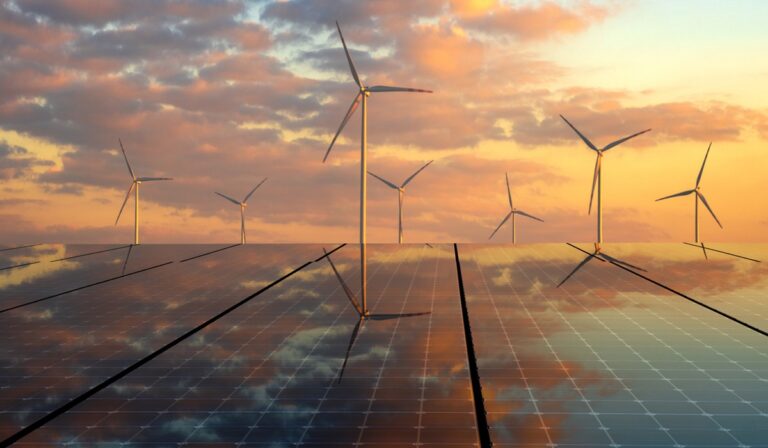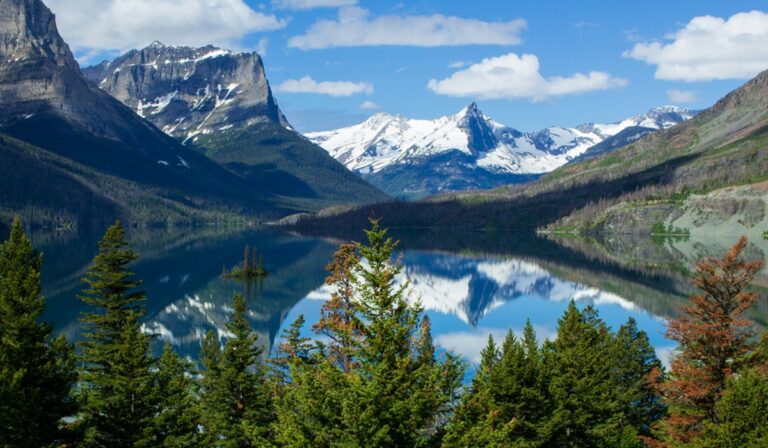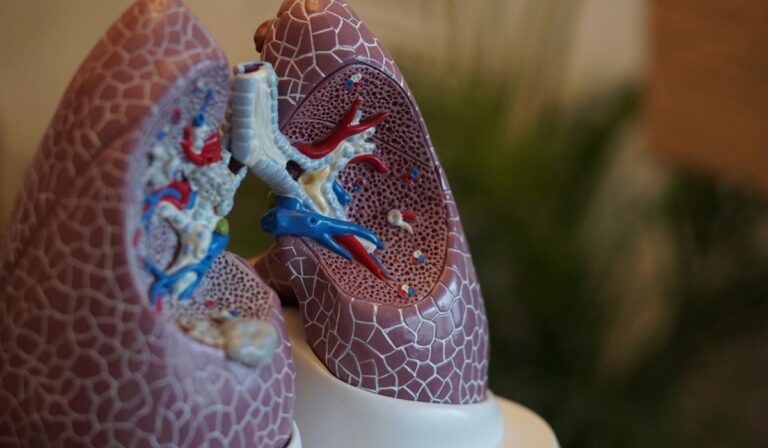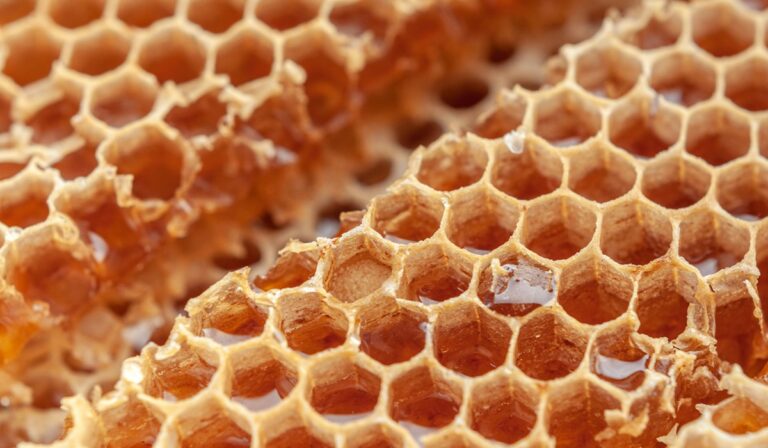Share of coal in Australia’s main grid falls below 50% for first time
The share of coal has remained stubbornly high over the past decade, and still remains at more than 56% over the last 12 months, though down from its peaks of nearly 90% in the early 2000s. But over the past week, in the midst of strong winds across the south of Australia and the continuing growth of rooftop solar, the average share of coal generation in serving native demand on the main grid fell to 49.9%, according to industry observer Geoff Eldridge, of GPE NEMLog.
Share of coal in Australia’s main grid falls below 50% for first time Read more

